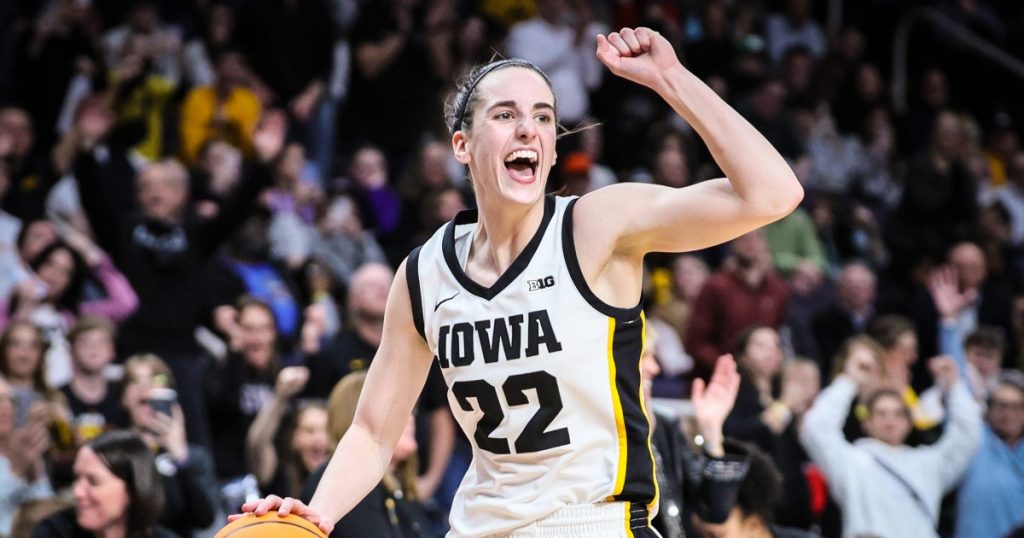College basketball stars like Caitlin Clark and Angel Reese are making headlines not only for their skills on the court but also for their ability to monetize their name, image, and likeness (NIL) under the NCAA’s new policy. However, the lack of federal regulations has led to chaos, with 30 states passing their own NIL laws and third-party organizations stepping in to offer athletes lucrative deals. This has raised concerns among some, like Alabama football coach Nick Saban, who see this as a departure from the spirit of college athletics.
Since the Supreme Court’s decision in NCAA v. Alston, many student-athletes have taken advantage of NIL deals, including signing contracts with major brands. While the focus has been on the big names, there are thousands of athletes who can benefit from these opportunities. Athletes like Bailey Ortega have used NIL to develop their personal brands and give back to their communities, signaling a shift in how athletes can leverage their platforms beyond their sports.
The patchwork of state laws and the absence of federal legislation have created confusion and led to legal challenges against the NCAA. Recent lawsuits have questioned the NCAA’s ability to enforce recruitment rules and have left many in the sports industry uncertain about the future of college athletics. The rise of collectives, which offer inducements tied to college enrollment rather than performance on the field, has given athletes more power over the NCAA and colleges, creating a new dynamic in collegiate sports.
As Congress debates various proposals related to college athlete compensation, universities like LSU are navigating the changing landscape to support their student-athletes. LSU has established its own NIL office to guide athletes and maximize their opportunities in a rapidly evolving environment. While some fear that the traditional model of college sports is being disrupted, others see NIL opportunities as a way for athletes to empower themselves and benefit from their hard work and talents.
Sports lawyer Darren Heitner, who represents high-profile athletes at both the collegiate and professional levels, believes that collectives and NIL opportunities are shifting the balance of power in college athletics. This has rattled some coaches and administrators who have long relied on established systems to recruit and retain talent. While the debate over NIL continues, there is a growing recognition that student-athletes should be able to benefit from their personal brands and skills, with the hope that a balance can be struck to ensure fairness and integrity in college sports.
Despite the challenges and uncertainties surrounding NIL, athletes like Bailey Ortega and Caitlin Clark are seizing the opportunities available to them and reshaping the landscape of college athletics. As discussions around college athlete compensation continue in Congress, there is a growing sense of urgency to establish clear guidelines and regulations to protect athletes and ensure the future sustainability of college sports. The evolution of NIL in college athletics represents a seismic shift in how athletes can leverage their platforms and secure their financial futures beyond their time on the court.


